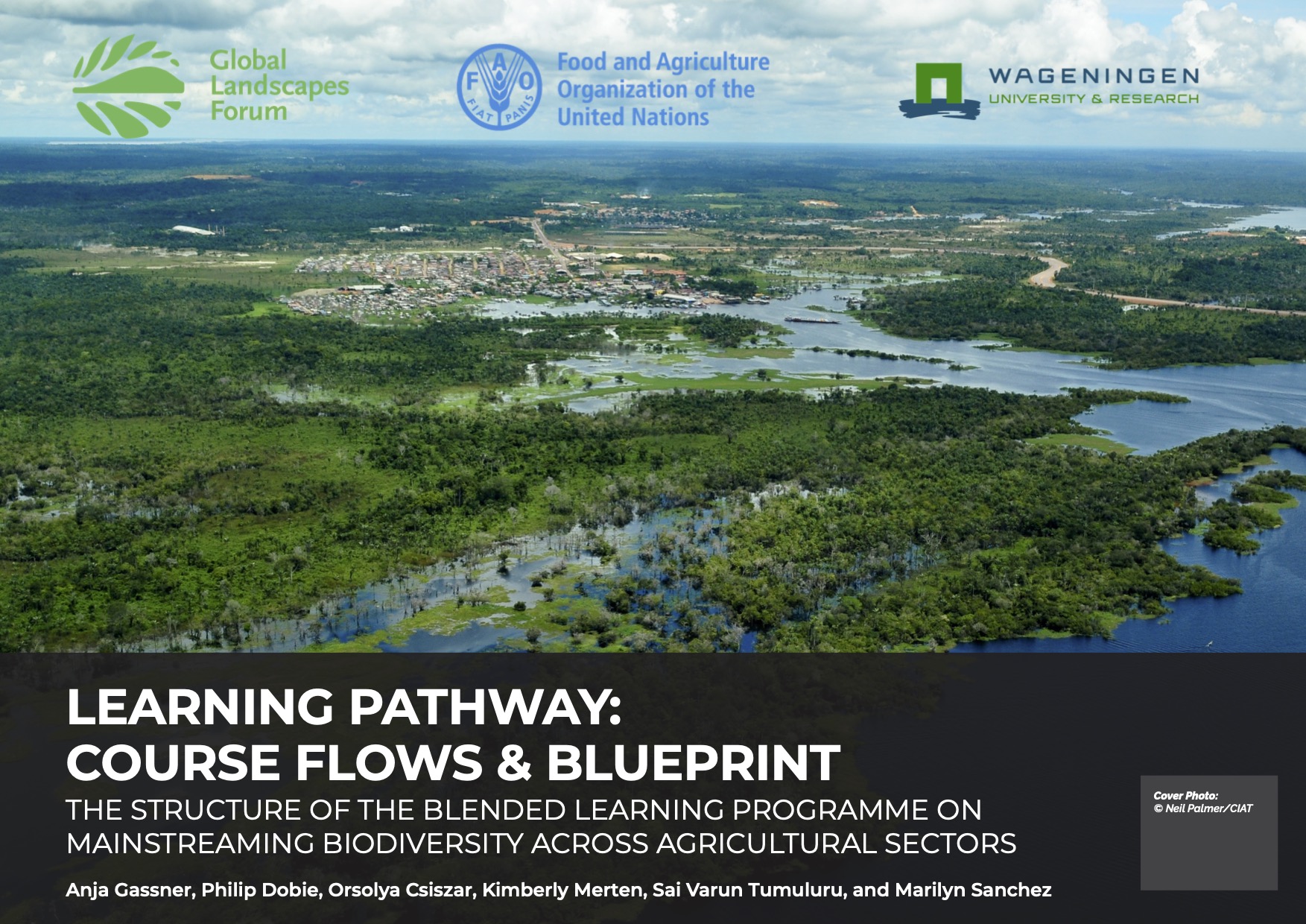Biophysical scientists are increasingly interested in undertaking research on natural resources management from a social science perspective. This, however, requires at least a basic understanding of the different social science approaches and the philosophical perspectives underlying them. We present a meta-analysis of a researcher's experience when applying qualitative and participatory research methods for the first time, and reflect on the challenges and lessons learned that could help other aspiring researchers in conducting research with such methods. We compare researcher's experiences with a quantitative research tool (household surveys) and qualitative non-participatory (focus group discussions) and participatory tools (seasonal activity calendars and access and control matrices) used in a gender-responsive forestry study in Cameroon. The field research included almost 50 gender- and age-disaggregated group sessions. Based on the meta-analysis of the research process, we identified key factors affecting the perceived ease of eliciting and interpreting information with different types of social research tools: specificity and acceptance of a tool, ease of managing social dynamics and maintaining focus during data collection, and subjectivity and comparability during data analysis and interpretation. Developing skills in participatory research from research design to group facilitation and balanced interpretation of findings require considerable time and is often best learned through apprenticeship. We explore how experience gained through the use of participatory research tools and reflection will help in applying such tools better, improving interaction with research participants and increasing relevance of research results.
Download:
DOI:
https://doi.org/10.1080/14728028.2016.1246980
Jumlah Kutipan Dimensi:




















